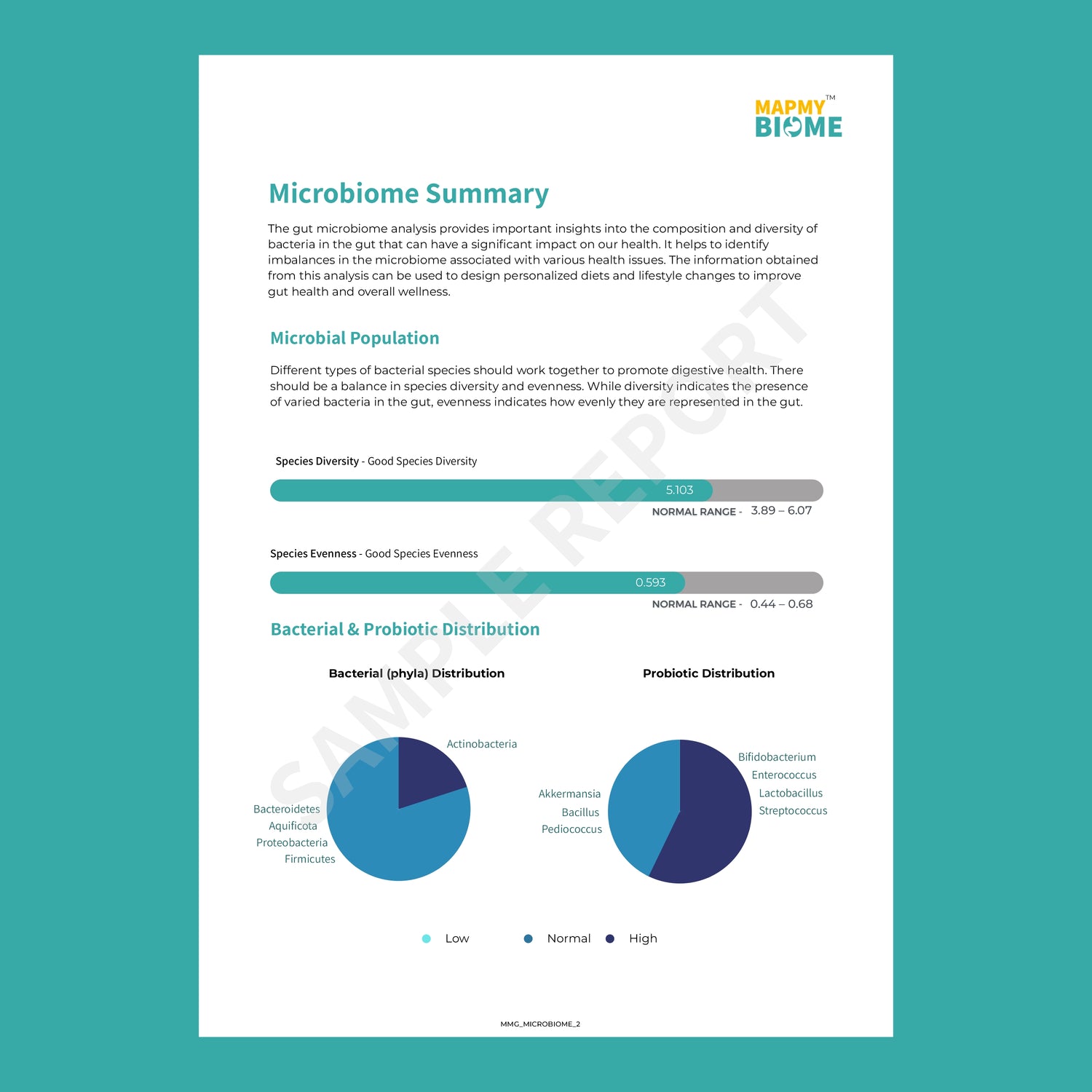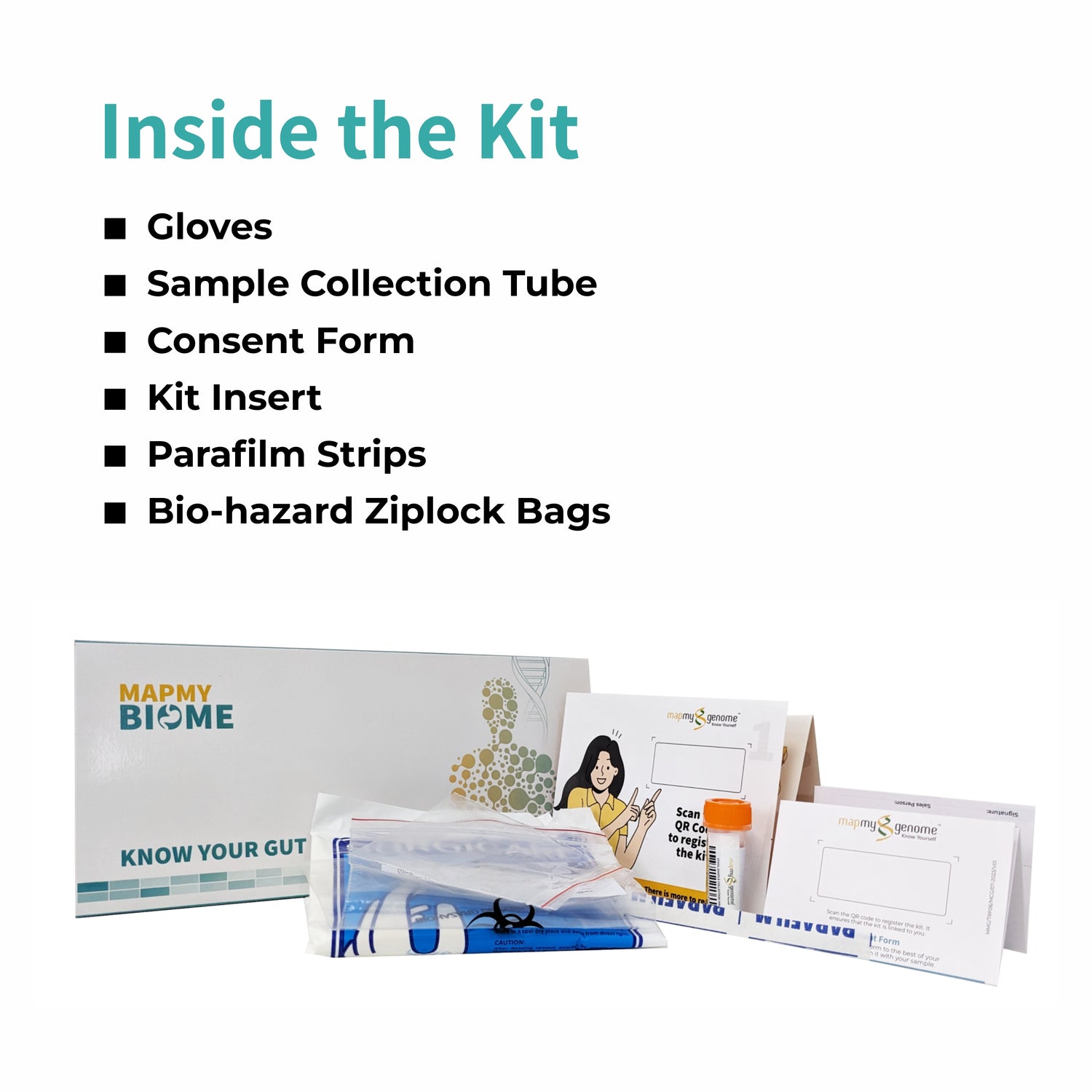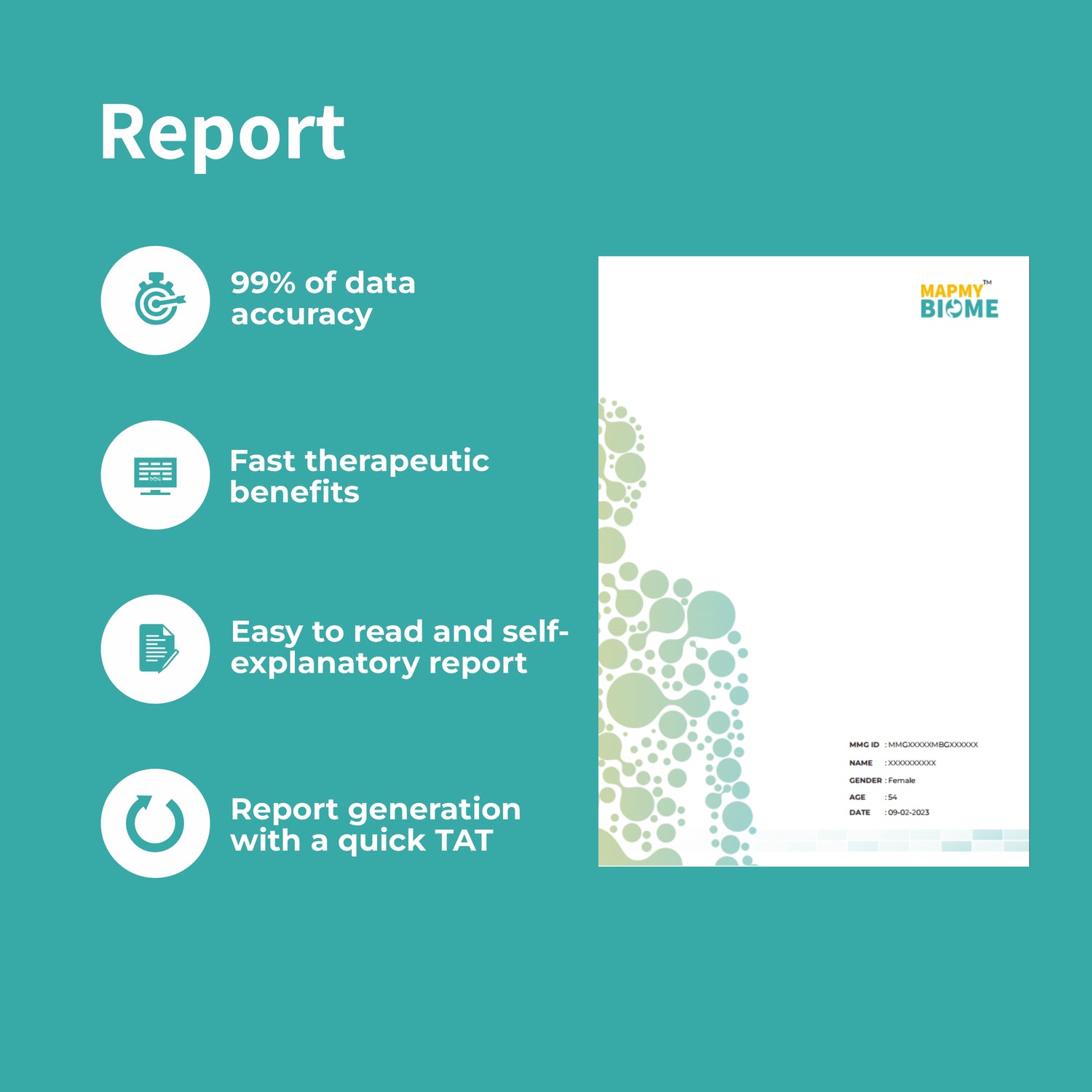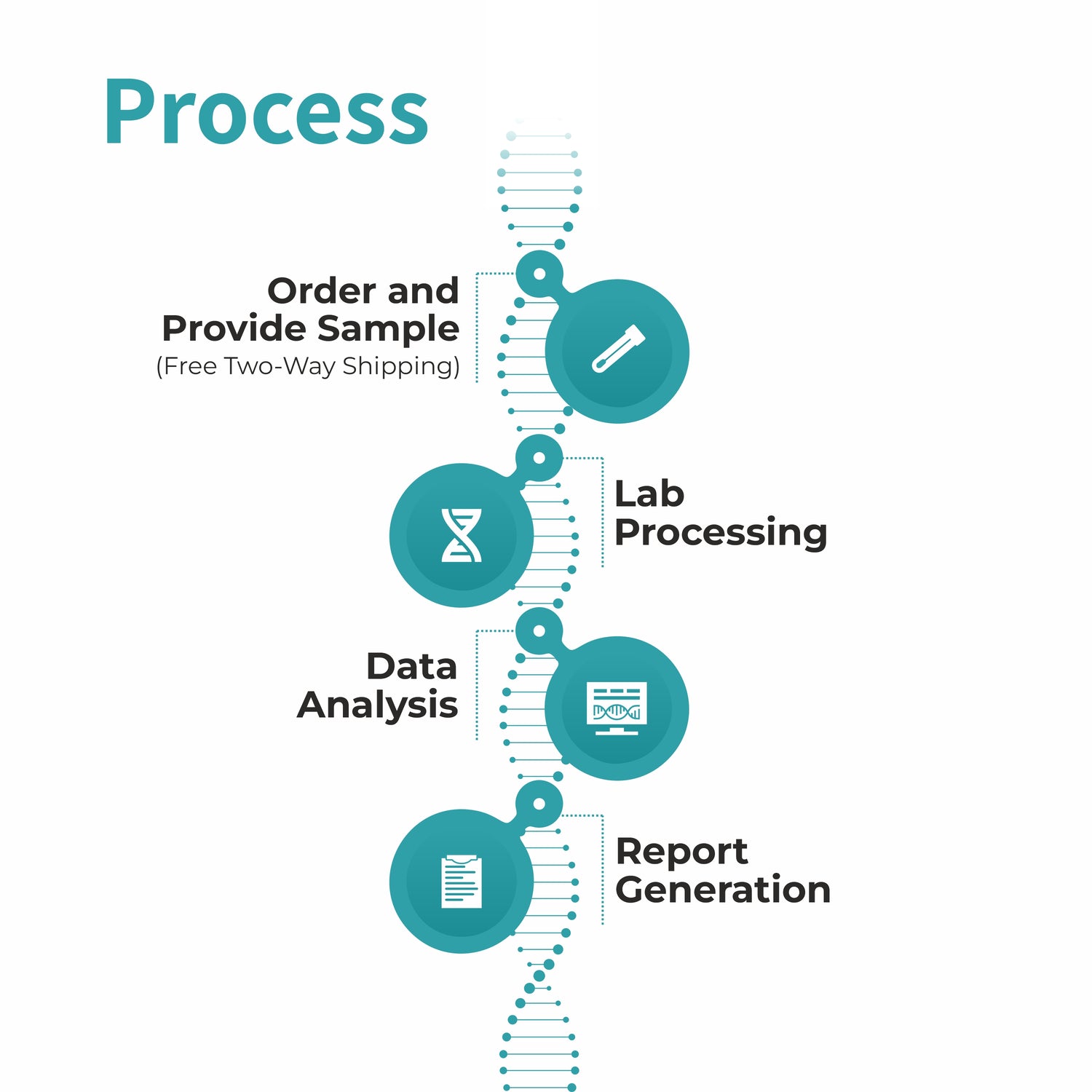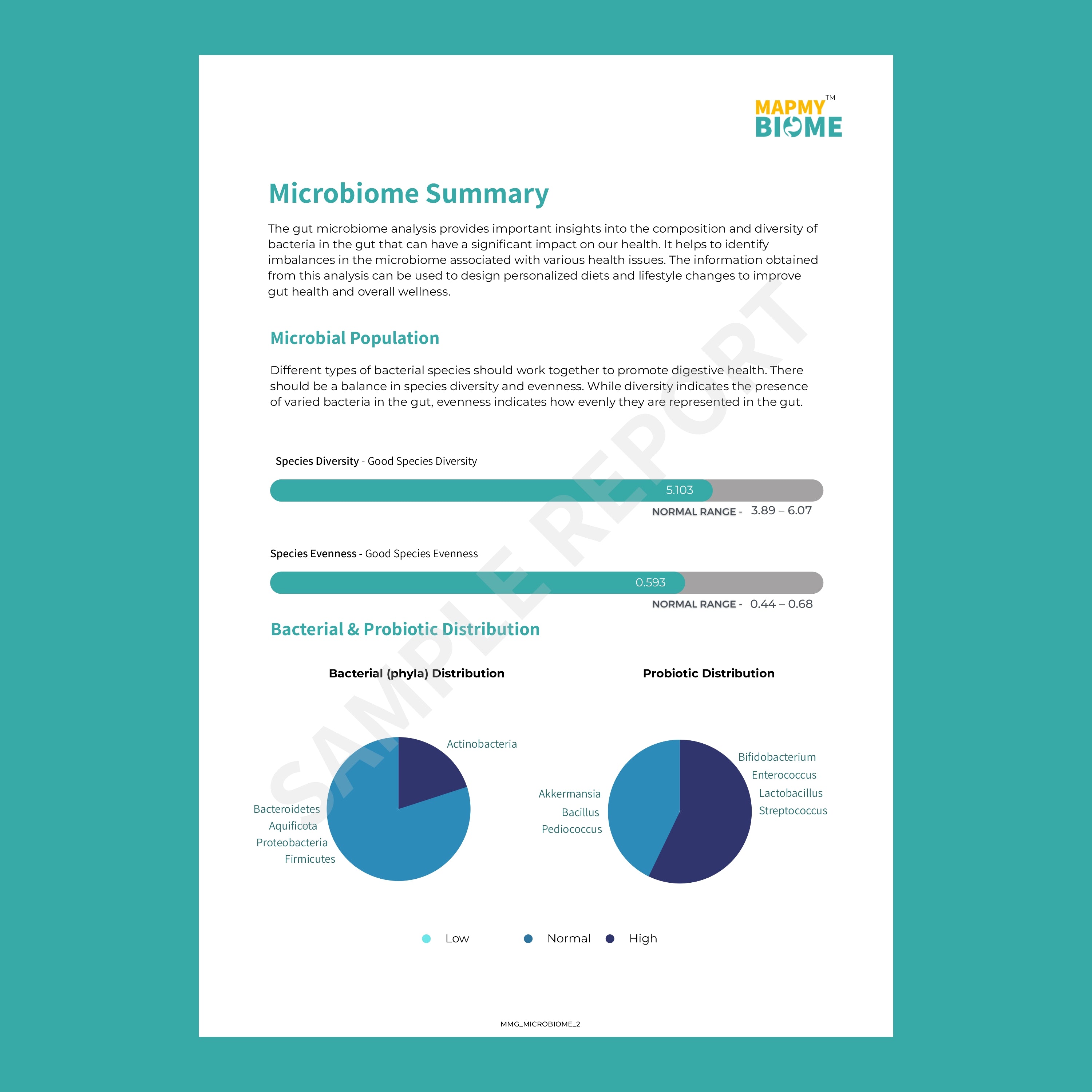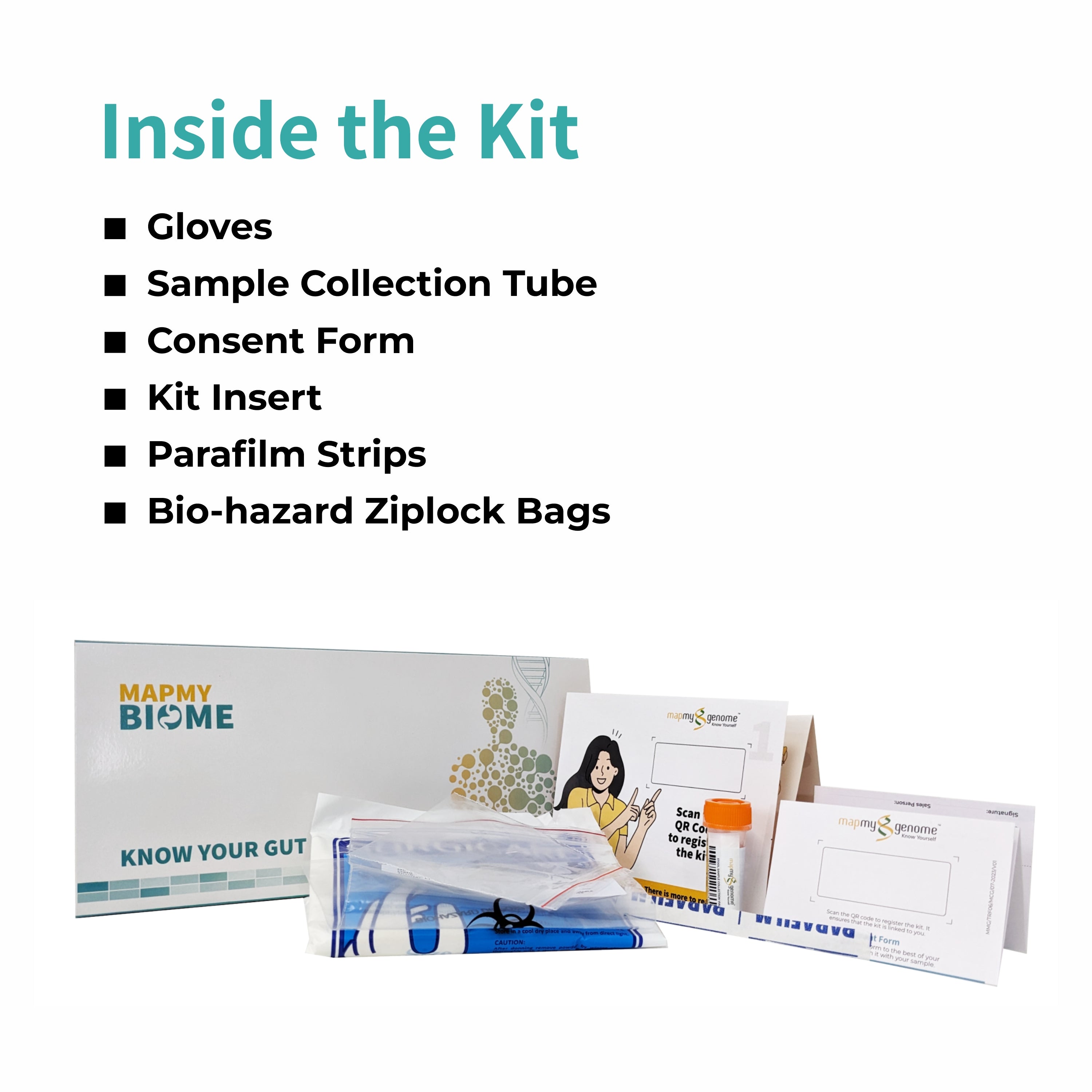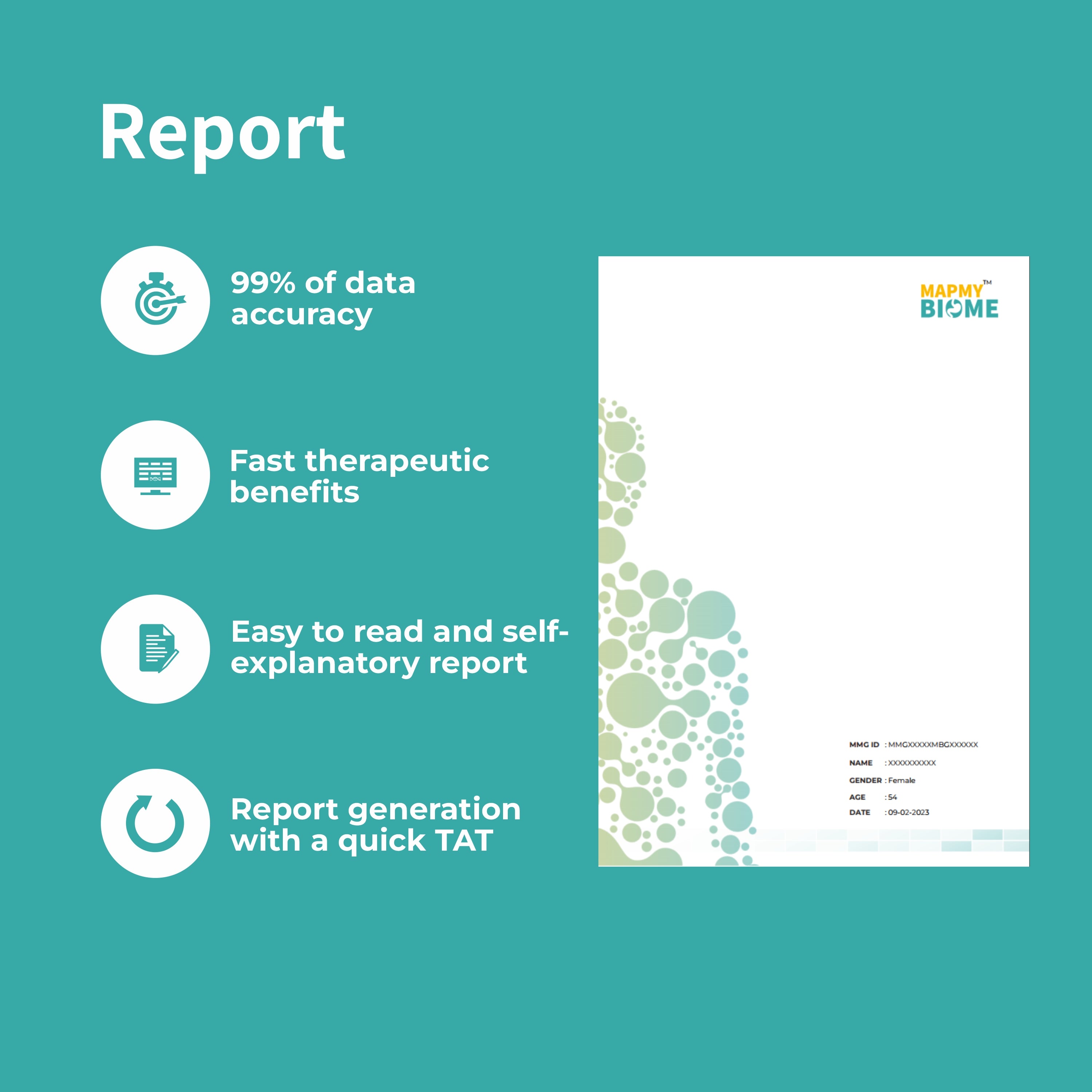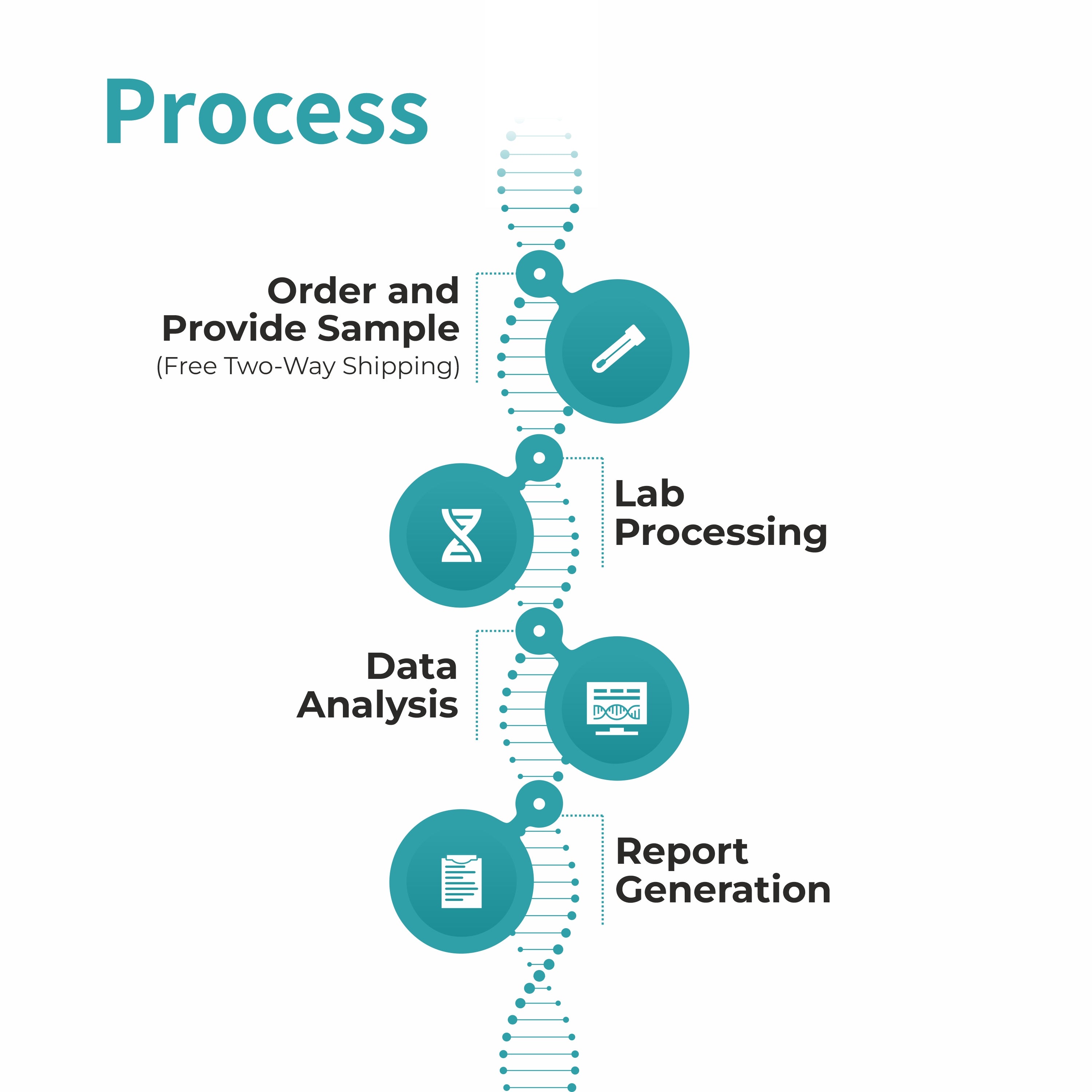Understanding Prebiotics, Probiotics, and Postbiotics: A Comprehensive Guide
In recent years, gut health has become a popular topic, with growing awareness of how crucial a balanced microbiome is to overall well-being. Central to this discussion are three terms: prebiotics, probiotics, and postbiotics. While they might sound similar, they play different roles in maintaining gut health. Whether you’re just starting out on your journey to a healthier gut or you’re looking to deepen your understanding, this guide will help you navigate these essential components.
What Are Prebiotics, Probiotics, and Postbiotics?
Prebiotics: Prebiotics are non-digestible food components that stimulate the growth and activity of beneficial bacteria in the gut. They are typically fibers or complex carbohydrates found in various foods, including garlic, onions, bananas, and whole grains. By serving as food for probiotics, prebiotics help maintain a healthy gut flora.Probiotics: Probiotics are live beneficial bacteria that can be consumed through certain foods or supplements. These microorganisms help keep your gut flora balanced, aiding in digestion, boosting the immune system, and potentially alleviating gastrointestinal issues. Common probiotic-rich foods include yogurt, kefir, sauerkraut, kimchi, and other fermented foods.
Postbiotics: Postbiotics are the byproducts or end products produced by probiotics during fermentation. These compounds include short-chain fatty acids, vitamins, amino acids, and peptides. Postbiotics contribute to gut health by offering various benefits such as anti-inflammatory and antioxidant effects, and they help strengthen the gut barrier.
Starting Out: The Basics for Beginners
If you’re new to the concept of gut health and want to incorporate prebiotics, probiotics, and postbiotics into your diet, here’s a simple plan to get started:1. Increase Your Fiber Intake: Begin by incorporating more prebiotic-rich foods into your diet. Add garlic, onions, bananas, asparagus, and whole grains to your meals. These foods provide the necessary fuel for beneficial bacteria in your gut.
2. Introduce Probiotic Foods: Start with easily accessible probiotic foods like yogurt or kefir. Choose products that contain live and active cultures. Begin with small servings and gradually increase your intake to allow your digestive system to adjust.
3. Stay Hydrated: Drinking plenty of water helps your digestive system function smoothly and supports the growth of beneficial bacteria.
4. Monitor Your Body’s Response: Pay attention to how your body reacts to these changes. It’s normal to experience some initial changes in digestion, but if you encounter severe discomfort, consult a healthcare professional.
For the More Experienced: Enhancing Your Gut Health Regimen
If you’re already familiar with the basics and want to take your gut health to the next level, consider the following strategies:1. Diversify Your Prebiotic Sources: Expand your prebiotic intake by including a variety of fibers from different sources. Experiment with foods like chicory root, Jerusalem artichokes, leeks, and dandelion greens.
2. Explore Advanced Probiotics: Consider adding a wider range of fermented foods to your diet, such as kimchi, miso, tempeh, and kombucha. Alternatively, explore high-quality probiotic supplements with multiple strains to enhance your gut flora diversity.
3. Incorporate Postbiotic Foods: Look for foods and supplements specifically designed to provide postbiotics. Some fermented foods naturally contain postbiotics, but you can also find specialized products in health food stores.
4. Maintain a Balanced Diet: Ensure your diet is rich in a variety of nutrients to support overall health. A balanced diet helps create an optimal environment for your gut microbiome.
5. Regular Physical Activity: Exercise can positively influence your gut health. Aim for regular physical activity to support a healthy digestive system.
6. Manage Stress: Chronic stress can negatively impact your gut health. Incorporate stress-reducing activities such as yoga, meditation, or deep breathing exercises into your routine.
How Mapmygenome’s Gut Microbiome Test Can Help
For those who want a more tailored approach to their gut health, Mapmygenome’s Gut Microbiome Test can be an invaluable tool. This test provides a comprehensive analysis of your gut microbiome, helping you make informed decisions about your dietary and supplement choices.Benefits of the Gut Microbiome Test:
1. Personalized Insights: The test offers detailed insights into the composition of your gut bacteria, identifying beneficial and harmful strains. This information can guide you in selecting the right prebiotics, probiotics, and postbiotics to enhance your gut health.2. Customized Dietary Recommendations: Based on your gut microbiome profile, you can receive personalized dietary recommendations to help you incorporate the most effective foods for your unique gut flora.
3. Targeted Supplementation: The test can highlight specific probiotic strains that may benefit you the most, allowing for targeted supplementation. This can be especially useful for addressing particular health concerns or optimizing your gut health.
4. Tracking Progress: By periodically retesting, you can track changes in your gut microbiome and adjust your diet and supplementation accordingly. This helps ensure that your gut health regimen remains effective over time.
Final Thoughts
Whether you’re just beginning your journey to better gut health or you’re looking to refine your regimen, understanding the roles of prebiotics, probiotics, and postbiotics is crucial. By starting with the basics and gradually incorporating more advanced strategies, you can support a healthy and balanced microbiome, leading to improved overall health and well-being.Using tools like Mapmygenome’s Gut Microbiome Test can provide personalized insights and recommendations, making it easier to optimize your gut health. Remember, everyone’s body is different, so it’s essential to listen to your own and adjust your approach as needed. If you have any underlying health conditions or concerns, consider consulting with a healthcare professional to tailor a plan that’s right for you.
Embrace the journey to better gut health, and enjoy the benefits that come with it!




